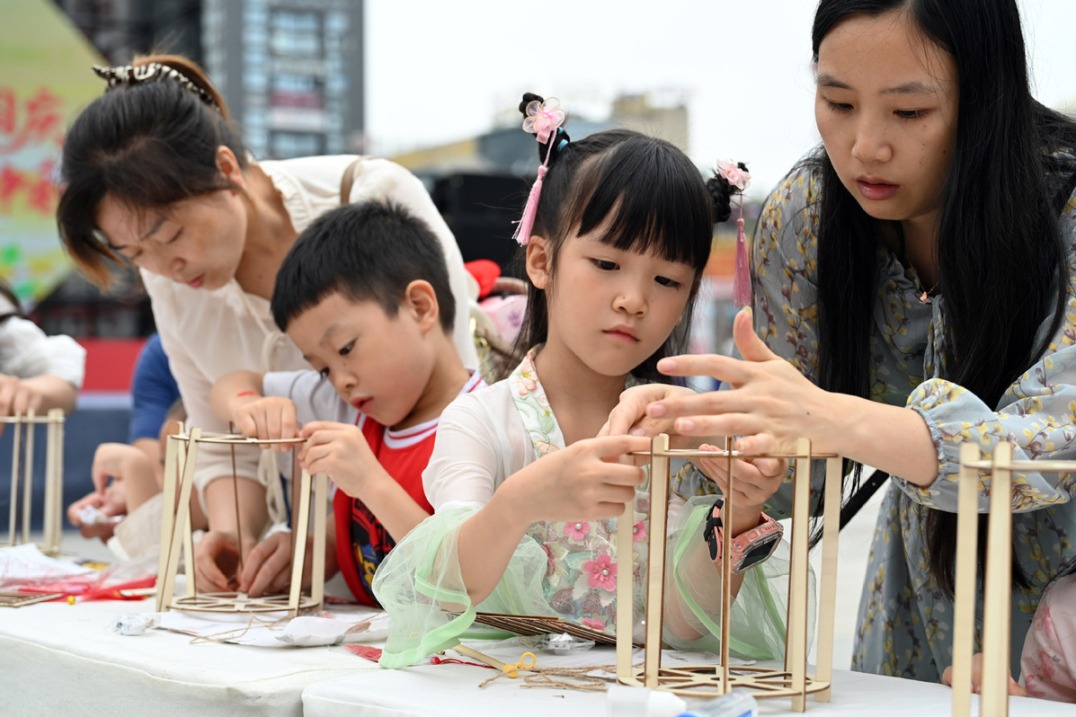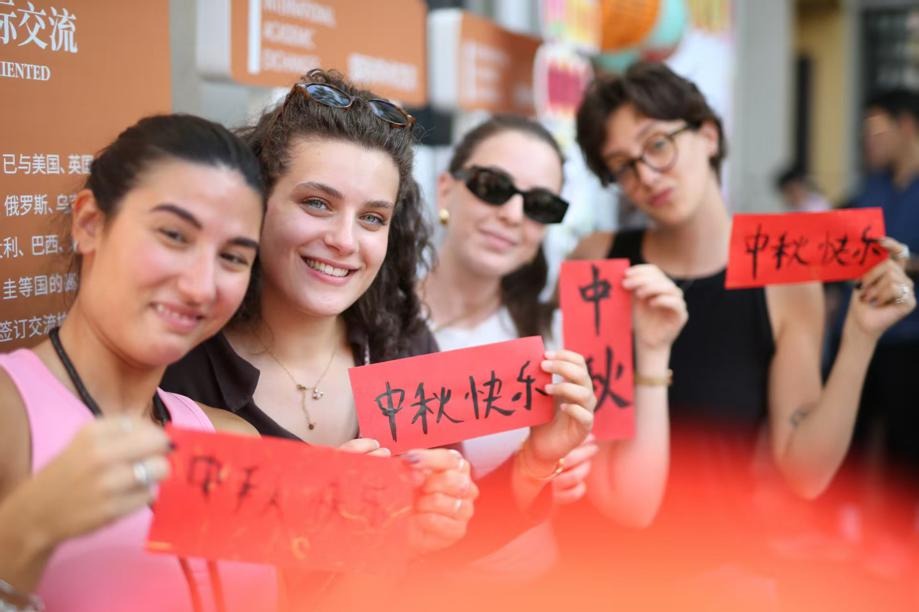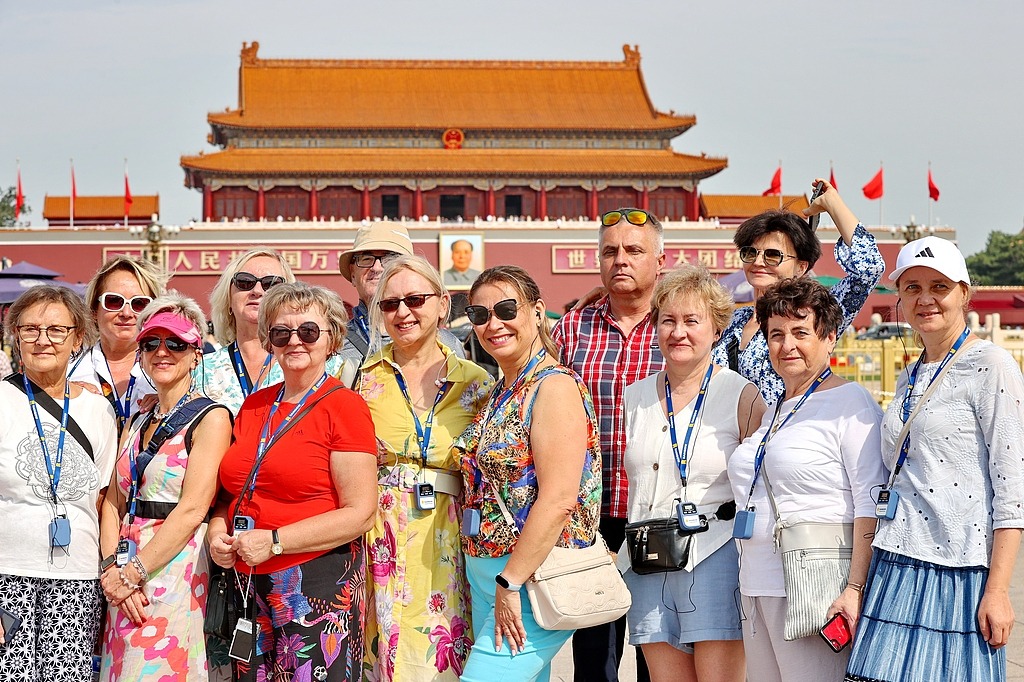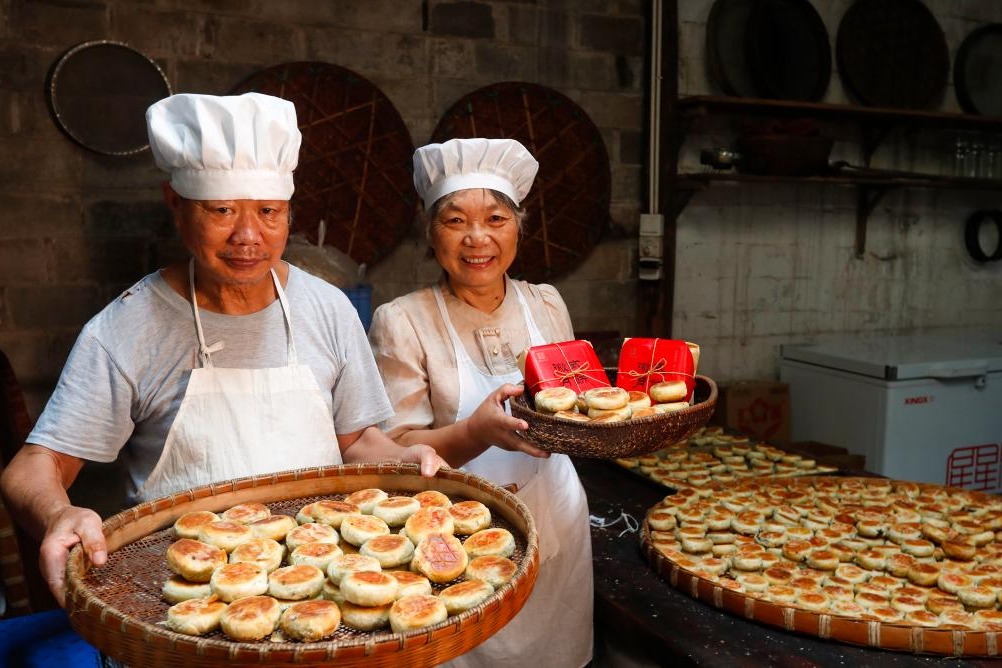Young innovators compete to build a better global governance system

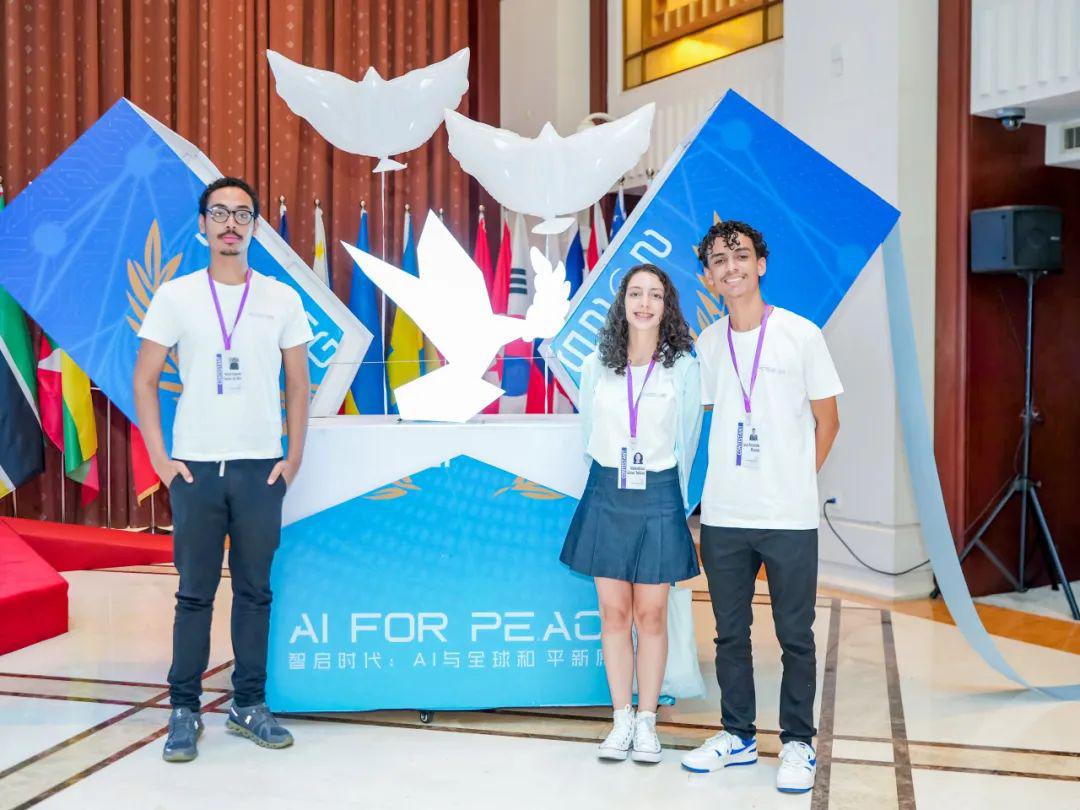
Themed "AI Governance for Tomorrow: Peace, Trust and Inclusion", the finals of the 16th Youth Innovation Competition on Global Governance (YICGG) kicked off at Fudan University in Shanghai on Wednesday, gathering nearly 100 participants from 38 countries around the world.
Emphasizing the value of building a community of shared future for humanity and translating the goals of "peace, justice, and strong institutions" from the United Nations' Sustainable Development Goals into solutions of the times and youth practices that drive the construction of a new international relationship, the competition encouraged the participants to illuminate a beacon of AI for world peace through making practical governance proposals and ethical institutional innovations.
Guided by the Chinese People's Association for Friendship with Foreign Countries, the event was jointly hosted by Fudan University and Shanghai Rong Chang Public Welfare Foundation.
"We encourage participants to view AI as a crucial driver for global governance system reform. By integrating AI into governance solutions, it can serve as a digital link to bridge divides, connect hearts, enhance consensus, and maintain peace," said Qiu Xin, Party secretary of Fudan University, when addressing the event.
"The voices from youth should be a force at the core in building solutions to international problems. This competition represents a vivid call for governance practice," said Tshilidzi Marwala, president of the United Nations University, during a video address.
This year is the second time that Albert Cucurull Bachiller from Spain has joined this competition. He said that AI can empower all walks of life, and he looked forward to exploring the application prospects of AI in various fields, such as energy, power, and agriculture with young people from all over the world, so as to contribute youth wisdom to promoting world peace.
Marijana Asprovska, a contestant from North Macedonia, said that her current academic research focuses on the role of generative AI in promoting social equity and educational development, and the competition gave her the opportunity to have in-depth exchanges with contestants and judges from various countries on issues of interest to her.
Contestants from Fudan University proposed to establish an AI-empowered peacekeeping technology mechanism based on the United Nations system. By setting up a professional technical department and relying on the AI database system to build a satellite image acquisition network, the mechanism provides data support for policy analysis in countries, aiming to improve the technical efficiency and response speed of UN peacekeeping operations.
YICGG, jointly initiated by Fudan University and the United Nations Development Programme, in 2007, has seen the participation of more than 3,200 contestants from 110 countries and regions. Together, they have submitted nearly 1,200 governance proposals.
- Full moon lights up Mid-Autumn Festival across China
- Mid-Autumn Festival celebrated across China
- Celebrating Mid-Autumn Festival across China with joy, tradition
- 137 hikers in NW China relocated due to heavy snowfall
- China to employ 7,000 retired teachers to work in rural areas
- Students and faculty enjoy Mid-Autumn festivities at Nankai University

















